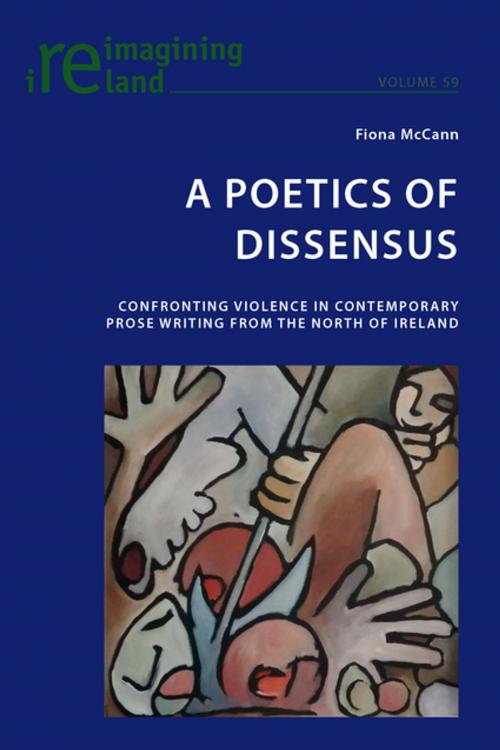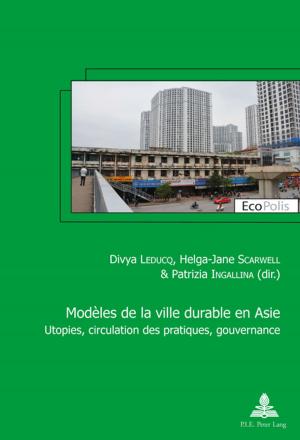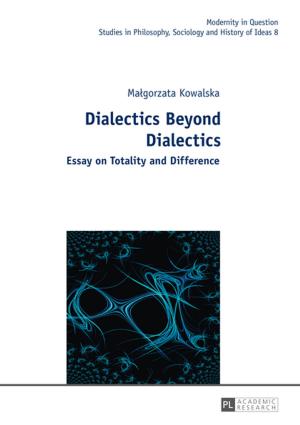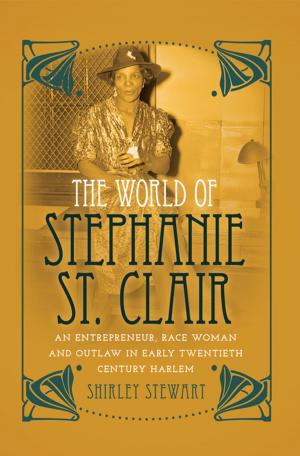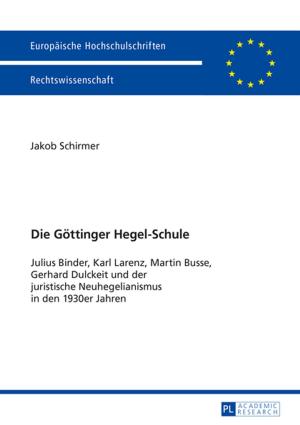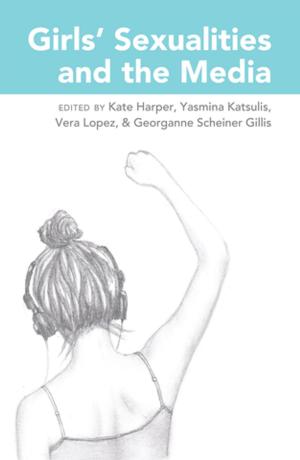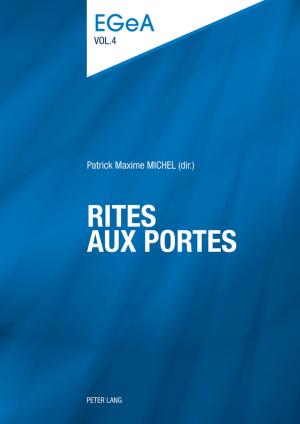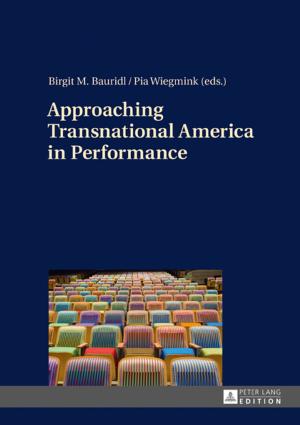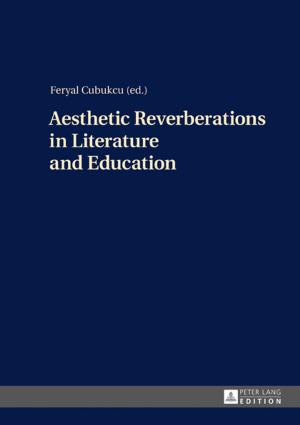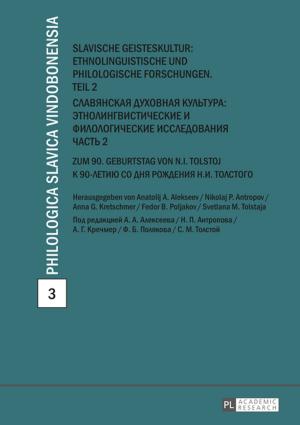A Poetics of Dissensus
Confronting Violence in Contemporary Prose Writing from the North of Ireland
Fiction & Literature, Literary Theory & Criticism, British, Nonfiction, Reference & Language, Study Aids, ESL, Foreign Languages| Author: | Fiona McCann | ISBN: | 9783035395075 |
| Publisher: | Peter Lang | Publication: | August 6, 2014 |
| Imprint: | Peter Lang AG, Internationaler Verlag der Wissenschaften | Language: | English |
| Author: | Fiona McCann |
| ISBN: | 9783035395075 |
| Publisher: | Peter Lang |
| Publication: | August 6, 2014 |
| Imprint: | Peter Lang AG, Internationaler Verlag der Wissenschaften |
| Language: | English |
Twenty years after the peace process began in the North of Ireland, many thorny political issues remain unresolved. One of the most significant questions involves the means by which acts of violence and the ideologies that subtended them can be dealt with, interrogated and questioned without rekindling conflict. This book focuses on a number of fictional and non-fictional texts published during the last two decades and analyses, through the prism of French cultural philosopher Jacques Rancière’s work, the emergence of an aesthetics of dissensus within these novels, short stories, graphic novels and memoirs. Associating close textual analyses with wider contextual readings, the book investigates the overlap of politics, aesthetics and the redistribution of the sensible in recent prose works, revealing how the authors avoid the pitfalls of a facile discourse of peace and reconciliation that whitewashes the past and behind which unaddressed tensions may continue to simmer.
Twenty years after the peace process began in the North of Ireland, many thorny political issues remain unresolved. One of the most significant questions involves the means by which acts of violence and the ideologies that subtended them can be dealt with, interrogated and questioned without rekindling conflict. This book focuses on a number of fictional and non-fictional texts published during the last two decades and analyses, through the prism of French cultural philosopher Jacques Rancière’s work, the emergence of an aesthetics of dissensus within these novels, short stories, graphic novels and memoirs. Associating close textual analyses with wider contextual readings, the book investigates the overlap of politics, aesthetics and the redistribution of the sensible in recent prose works, revealing how the authors avoid the pitfalls of a facile discourse of peace and reconciliation that whitewashes the past and behind which unaddressed tensions may continue to simmer.
